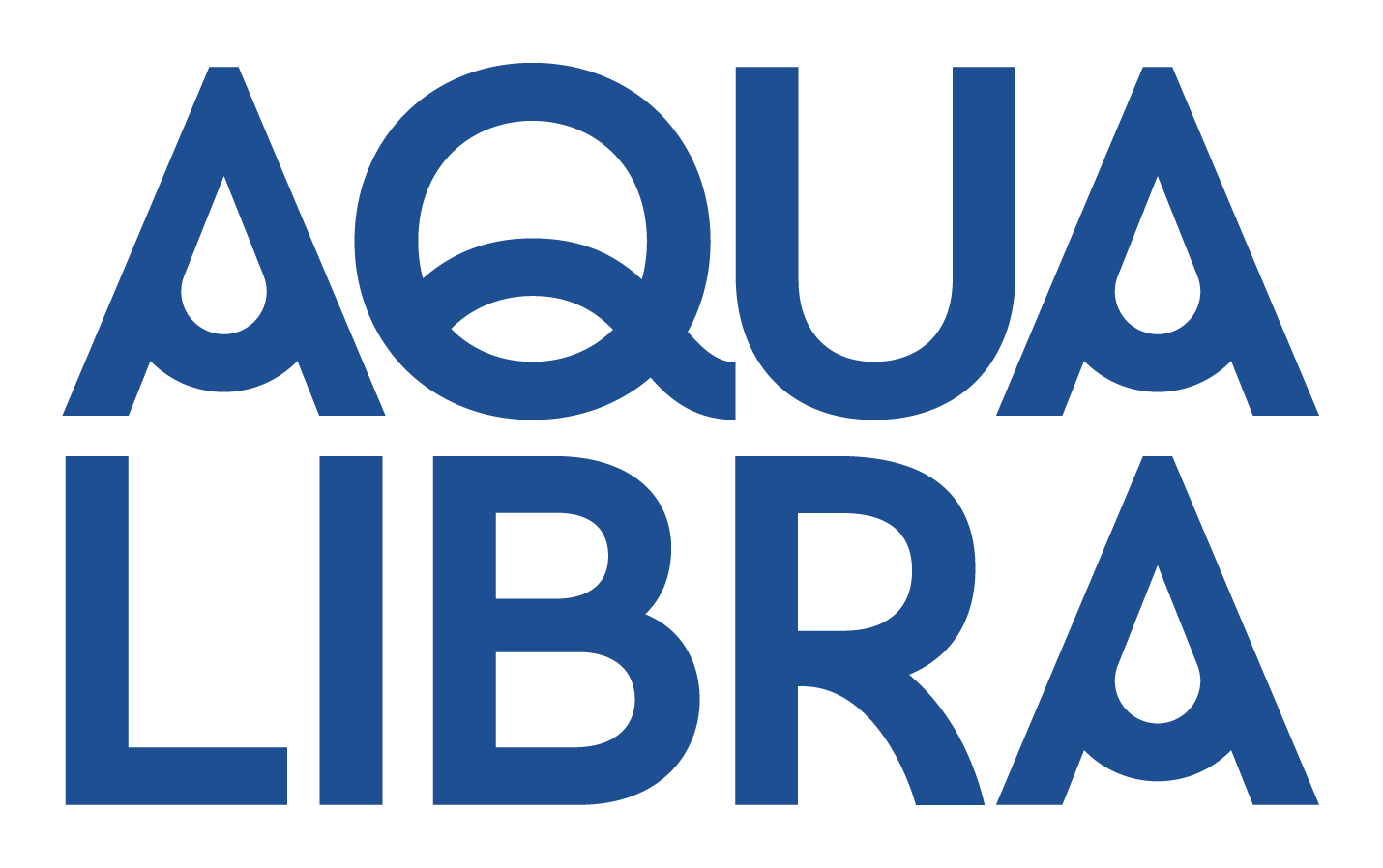Why Limescale is Not a Problem with Aqua Libra Co Taps
Limescale certainly causes a lot of problems. It affects the operation and condition of machinery, the quality of water, and the aesthetics of appliances. The sheer number of limescale-removal products on the market today is testament to this common and troublesome side-effect of our water supply.
Interiors of washing machines, dishwashers, and pipes can get so badly clogged up with limescale that they cease to work effectively. Water flow is restricted, water pressure is reduced, and in the case of heat-exchanger systems, such as radiators and refrigerators, thermal conductivity is compromised. Limescale from the heating element of a kettle often breaks away to contaminate the boiled water, which is very unpleasant when it turns up at the bottom of your cup of tea or coffee.
Our homes and workplaces are populated with appliances and hardware that use, store, and deliver water. And where there’s water, there’s limescale.
… Unless you’re using a water-dispenser system from Aqua Libra Co.
What is limescale?
Limescale is an accumulation of mineral compounds, left behind on hard surfaces after water has evaporated or boiled. In many cases, these surfaces are the interiors of pipes and appliances, and limescale build-up goes undetected until some real damage has been done.
Around 68% of the UK’s water supply is sourced from rivers and reservoirs. The rest is extracted from aquifers, which are bodies of underground sedimentary rock that store water. In the UK, a large proportion of this rock is limestone, formed from compressed shell and bone of marine organisms that lived millions of years ago.
The rock’s capacity to hold water is its porosity.
Fracture porosity refers to the fractures and cracks in the rock, and intergranular porosity refers to the tiny spaces between the grains of stone. The porosity of the rock is calculated by dividing the total volume of the rock by the collective volume of the voids. For example, if the voids within a 60m3 volume of limestone total 3m3, the rock’s porosity is 1/20 (5%).
Limestone is made up largely of calcium carbonate (CaCO3). Magnesium and sulphur also make an appearance in our water supply, and so does iron, in various forms – most commonly iron monoxide (FeO), haematite (Fe2O3), and magnetite (Fe3O4). The presence of iron gives limescale a reddish-brown colour.
Calcium carbonate
An unusual characteristic of calcium carbonate is that it becomes more soluble in water as the temperature decreases. The hotter the water, the less soluble the calcium carbonate becomes. Which means, of course, that whereas some mineral deposits will be dissolved by very hot water, calcium carbonate will remain intact.
Carbon dioxide also has an effect on the solubility of CaCO3. When calcium carbonate reacts with carbon dioxide, calcium hydrogen carbonate (Ca(HCO3)2) is formed. More commonly known as calcium bicarbonate, Ca(HCO3)2 is much more soluble than calcium carbonate.
In the natural environment, dissolved carbon dioxide gas in rainwater reacts with calcium carbonate to form the more soluble compound, calcium hydrogen carbonate. Over millennia, this material dissolves, causing gradual but continuous reshaping of the landscape.
Descaling agents
Calcium carbonate is best treated with an acid; for example, hydrochloric acid, formic acid, acetic acid, or citric acid.
Hydrochloric acid (HCl(aq)) is a solution of hydrogen chloride and water, and it’s the main component of the gastric juice of mammals. The reaction between hydrochloric acid and calcium carbonate produces: water; carbon dioxide; and calcium chloride (CaCl2), which is a highly soluble salt.
Acetic acid (C2H4O2) is the main ingredient of vinegar, made by bacteria of the genus Acetobacter. With a plentiful supply of oxygen, the bacteria convert ethanol (C2H6O) to acetic acid and water:
C2H6O + O2 = C2H4O2 + H2O
Formic acid (CH2O2) occurs naturally in the trichomes (hairs) of stinging nettles. It’s also found in ants. Formic acid is named from the Latin word for ‘ant’ – formica.
Citric acid (C6H8O7) occurs naturally in some fruits (citrus fruits), for example, oranges, lemons, grapefruits, and limes.
All of these acids are effective limescale removers. In fact, washing windows with vinegar or squeezing lemon juice onto taps are traditional methods of dealing with limescale in the home.
What if there are no minerals in the water?
If there are no minerals at all in a water supply, there’s no limescale. No limescale means that water systems and machinery remain in better working order. And systems that are in good working order require less attention.
The Aqua Pure purification system eliminates all impurities from the water supply. This means that the drinking water you get from an Aqua Libra tap is totally free from waterborne bacteria and viruses and from all traces of minerals and plastic particles. It’s 100% pure water; H2O and nothing more.
How can you tell when water is pure?
When it doesn’t conduct electricity.
It’s the dissolved solids in water that conduct an electrical current – not the water molecules. So, if all impurities are removed from water, it won’t conduct electricity. This is how we test our water purifiers at Aqua Libra Co.
Why pure water?
Mineral water is not bad for your health. In fact, traces of calcium in drinking water can be beneficial for bones and teeth. However, there’s very little calcium in mains water, and the benefits are minimal.
The effect that limescale has on your appliances, though, is a lot more significant. Small amounts of calcium carbonate deposited on the insides of pipes and on heating elements soon mount up to a destructive coat of mineral armour that shortens the working life of your machines and contaminates your drinking water with scaly residue.
When machines start to slow down, callouts become more frequent. Service and maintenance costs rise. Energy consumption increases.
There's another reason for drinking purified water, and it’s at the very core of our mission to deliver the best hydration experience. Pure water tastes wonderful.
Contact us for information about Aqua Libra water-dispenser systems.

Share
